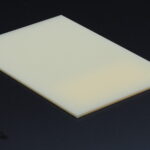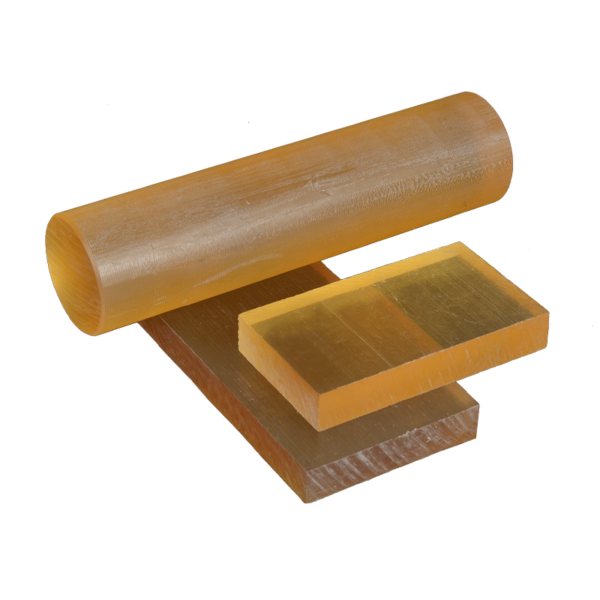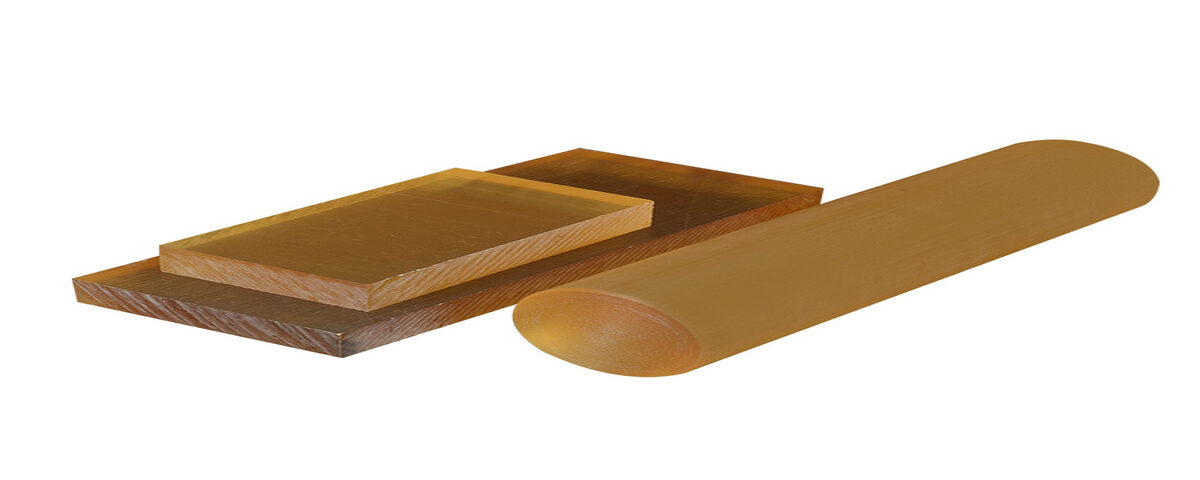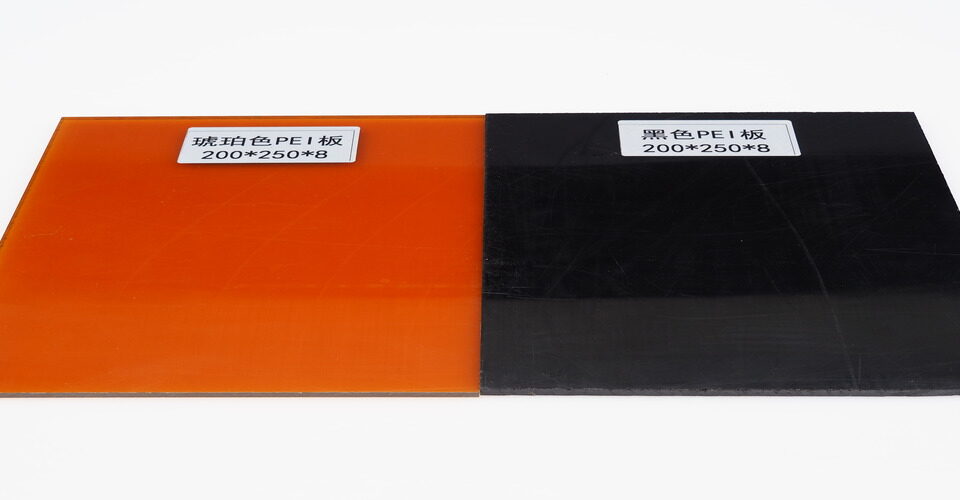
What is polyurethane made of
January 9, 2025
What materials are used in ABS?
January 10, 2025PSU, or Polysulfone, is a high-performance thermoplastic material known for its excellent mechanical properties, high thermal stability, and chemical resistance. It is widely used in various industrial applications, particularly in sectors that require durability and performance under harsh conditions.
Chemical Composition of PSU
Polysulfone is composed of repeating units of aromatic sulfone groups (-SO₂-) linked with aromatic hydrocarbons. The main monomers used in its synthesis include bisphenol A (BPA) and diphenyl sulfone. These components are polymerized under controlled conditions to form the long polymer chains that give PSU its distinct properties. The sulfone group is crucial to the material’s resistance to heat and chemical degradation.

Properties of PSU Material
PSU is known for its high-temperature resistance, maintaining its strength and stability at temperatures up to 180°C (356°F). It also offers exceptional dimensional stability, meaning it does not easily deform or shrink under stress. PSU is transparent, making it suitable for applications where visual inspection is required. Additionally, it is tough and can withstand mechanical stress without cracking or breaking.
Applications of PSU Material
PSU’s robust properties make it ideal for use in industries such as medical devices, aerospace, and automotive. It is commonly used in manufacturing items like medical implants, water filtration membranes, and electrical connectors. Its ability to withstand high temperatures and exposure to various chemicals makes it especially valuable in environments where other materials might fail.
Conclusion
In conclusion, PSU is a durable, high-performance thermoplastic material made from bisphenol A and diphenyl sulfone. Its properties, such as heat resistance, strength, and chemical stability, make it suitable for demanding applications across various industries.






